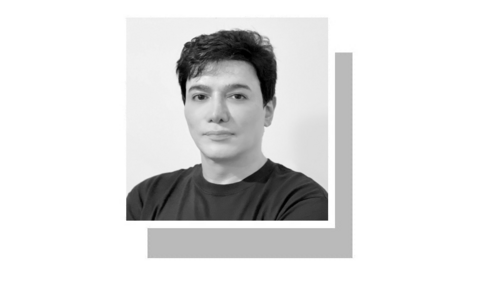MOSCOW: Russia’s nuclear cities were once elite centres of military research hidden in dark corners of the Soviet Union, fenced off from the outside world and painted out of ordinary road maps. Now, their underpaid specialists fuel Western nightmares of nuclear leaks, thefts and terrorism.
Tales of suitcases filled with weapons-grade uranium are more often fiction than fact, experts say. But the US military campaign in Afghanistan has boosted demand for weapons of mass destruction — and the marketability of the brain power to operate them.
“One of our biggest problems is the brain-drain, and we know many scientists have left the closed cities,” defence analyst Alexander Pikayev said. “Fortunately we know they left for the West and Israel, but if the (global) situation continues to develop in this way, we cannot rule out that they will move to other states.”
Moreover, analysts argue, drastic cuts to programmes funding the cities’ conversion to civilian life could upset an already delicate balance.
“How could a group or a country fabricate a nuclear or radiological device out of materials they have acquired?” asked Jon Wolfstahl, a Washington-based associate of the Carnegie Endowment for International Peace.
“I don’t think they can produce a very small compact nuclear weapon without a lot of assistance, which raises the important question: are we doing enough to protect or prevent Russian nuclear experts from providing that assistance?”
“The risk of a brain-drain is quite real and unfortunately it can grow, given that some US programmes like the Nuclear Cities Initiative have been cut back,” Pikayev said. The closed cities are still out of bounds for foreigners, but many are slowly beginning fresh, civilian lives with new names, new purposes and the right to a spot on the map.
And some say life in these cities — showered with privileges at the height of the Soviet arms drive, but forgotten in the breakup of the Soviet Union — is now little different from that in the rest of Russia.
The lifeline, experts say, is private initiative and foreign investment. Wolfstahl quotes Intel as an example. The world’s largest computer chip maker has a software and microchip design centre in Sarov (formerly Arzamas-16). Will the closer friendship between Russia and the West lead to a brighter outlook for these cities?
“I would like to believe the good relationship between Russia and the West would help us decide what to do with these cities,” Pikayev said. “But at the same time it would help if the Americans raised their assistance.”—Reuters












































Dear visitor, the comments section is undergoing an overhaul and will return soon.